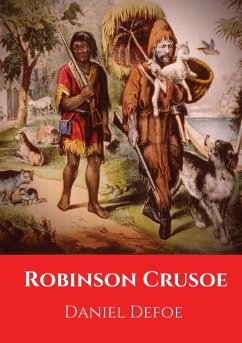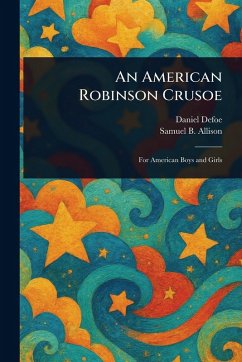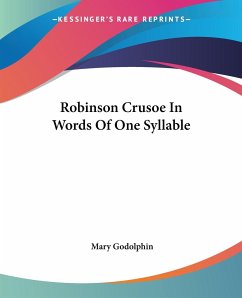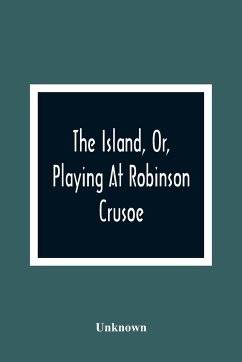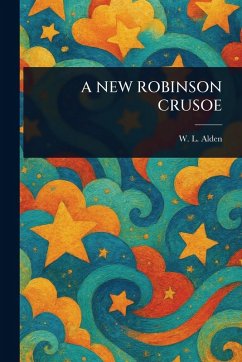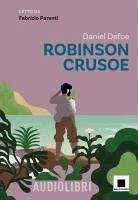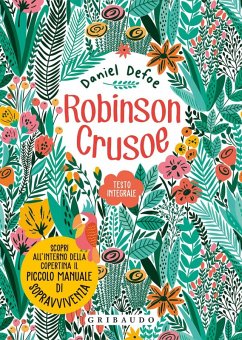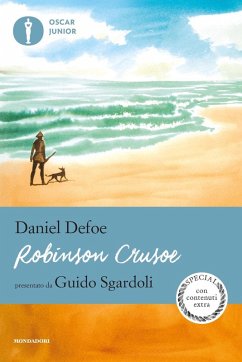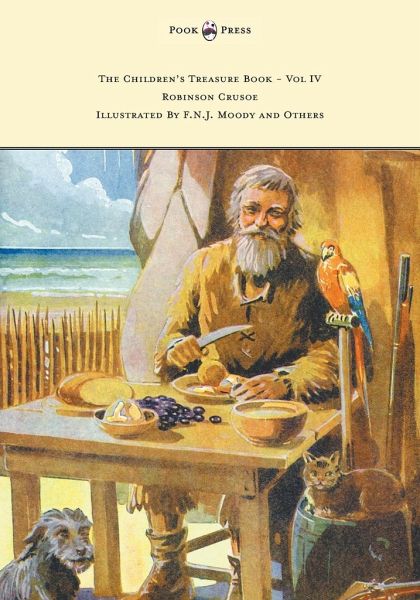
The Children's Treasure Book - Vol IV - Robinson Crusoe - Illustrated By F.N.J. Moody and Others
Versandkostenfrei!
Versandfertig in 1-2 Wochen
34,99 €
inkl. MwSt.
Weitere Ausgaben:

PAYBACK Punkte
17 °P sammeln!
Volume four of the Children's Treasure Book containing Daniel Defoe's classic novel Robinson Crusoe. The book is illustrated in colour and black and white by F. N. J. Moody and others. Pook Press celebrates the great Golden Age of Illustration in children's literature. Many of the earliest children's books, particularly those dating back to the 1850s and before, are now extremely scarce and increasingly expensive. Pook Press are working to republish these classic works in affordable, high quality, colour editions, using the original text and artwork so these works can delight another generatio...
Volume four of the Children's Treasure Book containing Daniel Defoe's classic novel Robinson Crusoe. The book is illustrated in colour and black and white by F. N. J. Moody and others. Pook Press celebrates the great Golden Age of Illustration in children's literature. Many of the earliest children's books, particularly those dating back to the 1850s and before, are now extremely scarce and increasingly expensive. Pook Press are working to republish these classic works in affordable, high quality, colour editions, using the original text and artwork so these works can delight another generation of children.





